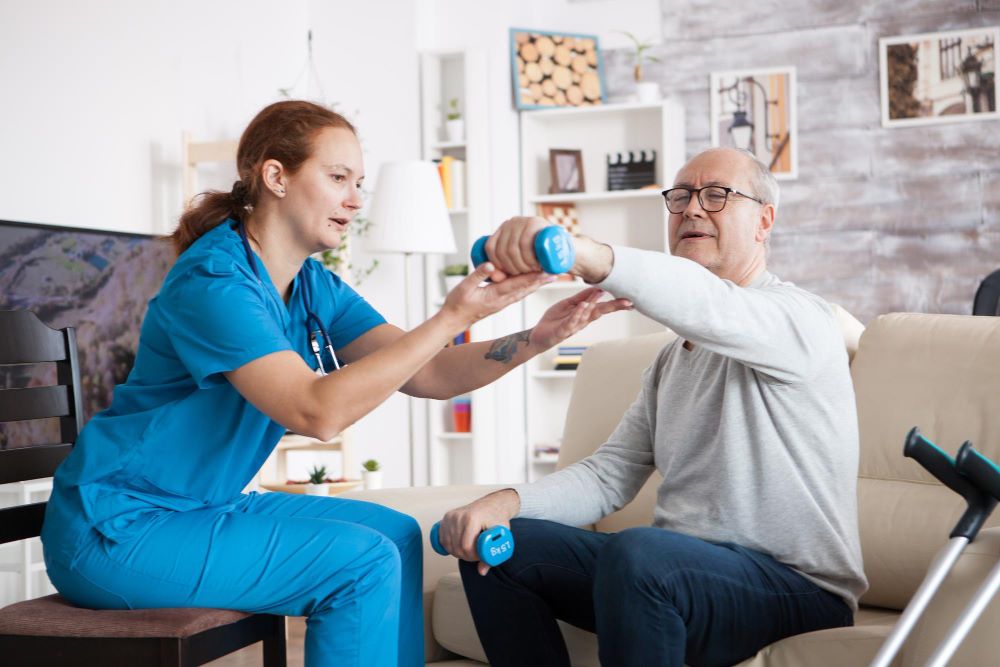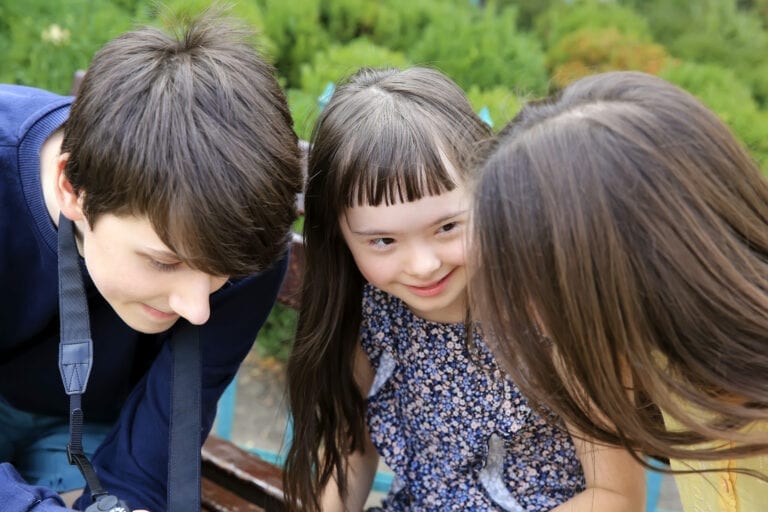As a caregiver, your role is both challenging and rewarding. Providing exceptional care requires a unique combination of technical expertise, practical skills, and interpersonal abilities. In this article, we will take an in-depth look at the most crucial caregiver skills, equipping you with the knowledge and tools necessary to provide the highest quality of care for your loved one or patient. So, whether you are a seasoned caregiver or just starting, join us on this journey as we explore the skills necessary to become an exceptional caregiver.
Technical Skills
Medication Management
One of the most important technical skills a caregiver should have is medication management. Caregivers should be able to understand and follow medication instructions correctly, ensure that medications are taken on time, and recognize any adverse reactions.
Basic Medical Procedures
Caregivers should also have basic medical knowledge, such as wound care, administering injections, and monitoring vital signs. These skills are crucial for ensuring that your loved one receives proper medical attention.
First Aid and Emergency Response
In case of an emergency, caregivers should be able to provide first aid and respond quickly. This includes recognizing signs of distress, administering CPR, and knowing how to contact emergency services.
Practical Skills
Meal Planning and Preparation
Caregivers should be able to plan and prepare nutritious meals that cater to any dietary restrictions. This ensures that your loved one receives the necessary nutrients for good health.
Housekeeping and Hygiene
Caregivers should keep the living environment clean and tidy to prevent the spread of infections. This includes doing laundry, washing dishes, and general housekeeping.
Mobility Assistance
Caregivers should be able to assist with mobility, such as helping your loved one move around the house or using mobility aids such as wheelchairs or walkers.
Interpersonal Skills
Communication
Effective communication is essential for providing the best possible care. Caregivers should be able to listen actively, communicate clearly, and provide emotional support when needed.
Empathy and Compassion
Caregivers should be able to show empathy and compassion towards your loved one. This involves understanding and sharing their feelings, showing kindness, and being patient.
Conflict Resolution
Caregivers should be able to handle conflicts that may arise between them and their loved one or other caregivers. This involves listening to both sides, finding common ground, and resolving the issue peacefully.
Conclusion
In conclusion, being a caregiver is a noble and challenging task that requires a wide range of skills and qualities. It is not just about providing physical assistance, but also emotional and psychological support. By mastering the technical, practical, and interpersonal skills discussed in this article, you can become an exceptional caregiver, providing the best possible care for your loved one or patient. Remember, being a caregiver is a journey, and you never stop learning. So, keep developing your skills, stay patient, and compassionate, and you will undoubtedly make a significant difference in someone’s life.







